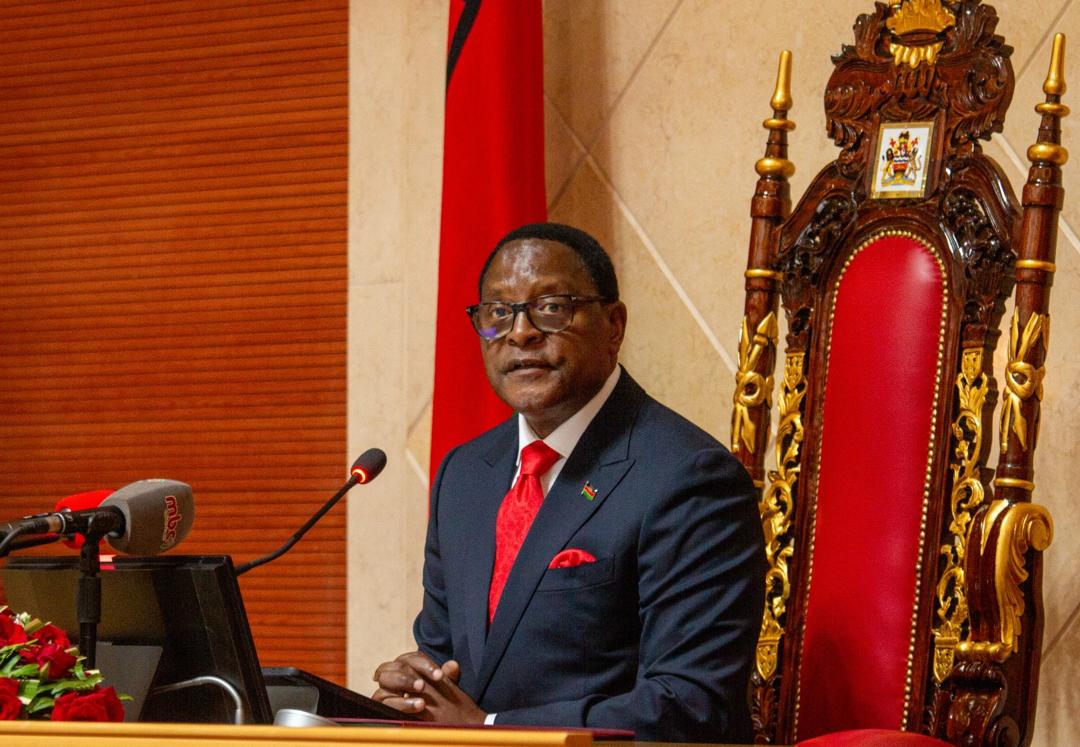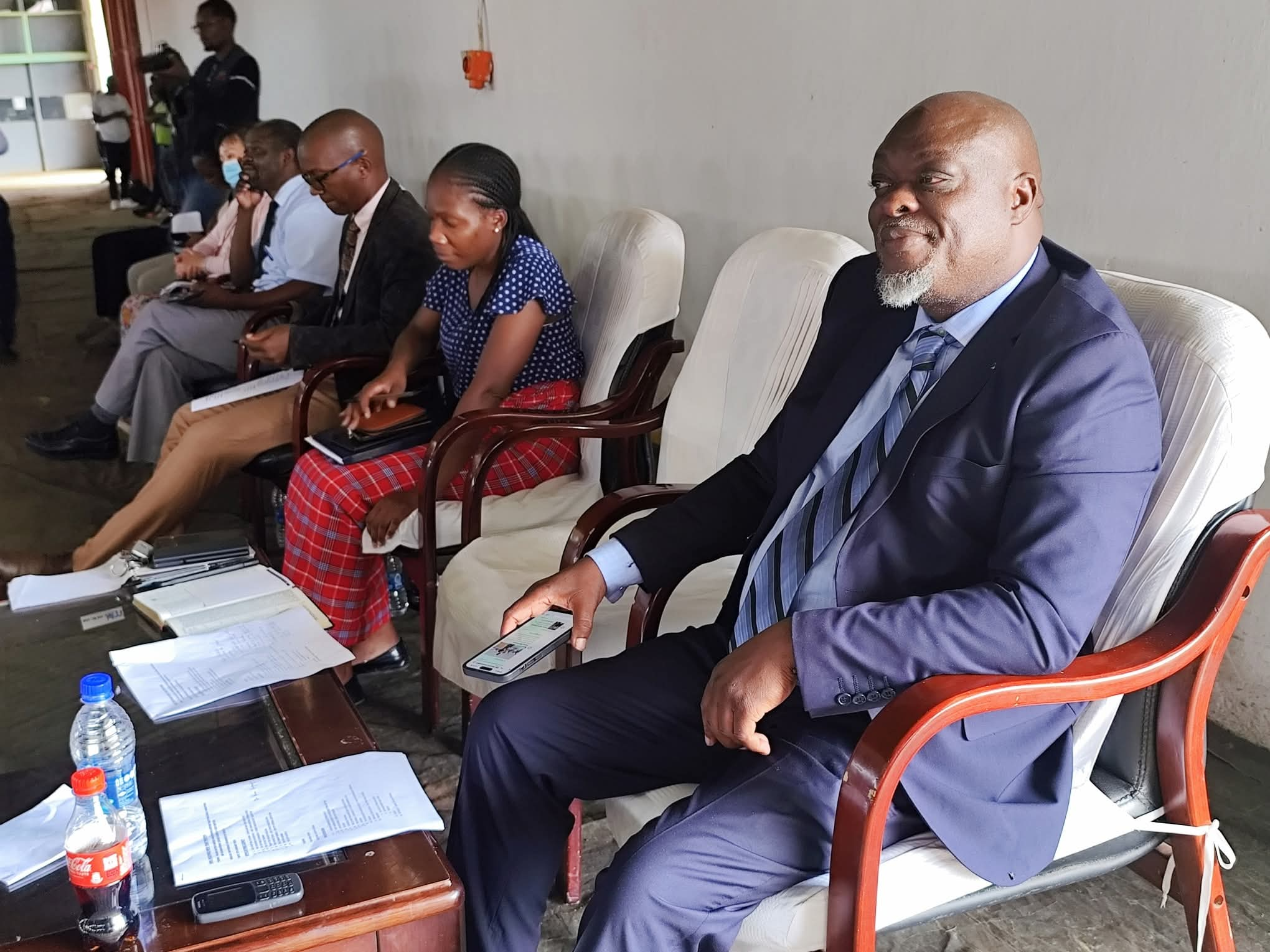By Burnett Munthali
In the wake of President Lazarus Chakwera’s recent State of the Nation Address (SONA), concerns have emerged over the accuracy of several claims made during the speech. Prominent among the voices challenging the President’s statements is Mike Arnold Mbalale, a concerned citizen who has penned a direct and critical letter to the Head of State, urging him to take immediate corrective action.
Mbalale’s letter reflects a growing sentiment of frustration among Malawians who feel betrayed by what he describes as “false claims” presented as facts during the SONA. While the address was expected to offer hope and reassurance to the nation, it has instead ignited outrage and deepened public mistrust. The discrepancies in the speech, he argues, are not mere oversights but a serious breach of public trust that demands urgent redress.
One of the key issues raised in Mbalale’s letter is the alleged misrepresentation of facts regarding national development. He points out that the President spoke of new health centers that do not exist and cited inflated figures for government loans, creating an illusion of progress that does not reflect the reality on the ground. Such distortions, he argues, do not only mislead the public but also undermine confidence in the government’s ability to manage the country’s affairs transparently.
In response to these inaccuracies, Mbalale lays out a series of recommendations aimed at restoring public confidence. First and foremost, he calls on the President to acknowledge and apologize for the errors made in the SONA. He stresses that a public admission of these mistakes would demonstrate humility and a commitment to accountability—qualities that are essential for effective leadership.
Furthermore, he demands an independent investigation into the drafting of the SONA to determine how such misleading information made its way into the President’s speech. If any government officials were responsible for deliberately presenting falsehoods, Mbalale insists they should be held accountable and possibly dismissed from their positions. Only through such decisive action, he argues, can Malawians be assured that integrity remains at the heart of governance.
A more immediate step, according to Mbalale, would be for the President to return to Parliament within 14 days to correct the false statements made in the SONA. He asserts that by doing so, the President would be taking an important step toward restoring credibility. The demand for transparency and factual accuracy, he emphasizes, should not be seen as an attack on the government but rather as a necessary foundation for a trustworthy administration.
Looking beyond the immediate controversy, Mbalale calls for structural changes in how government addresses and reports national issues. He urges the President to implement rigorous fact-checking processes to ensure that all future addresses are based on verified information. Transparency, he believes, must be a core value in governance, and the President has a duty to uphold the truth at all times.
Mbalale’s concerns reflect broader frustrations within Malawian society regarding the government’s handling of critical issues. At a time when the nation faces significant economic and social challenges, the last thing Malawians need is misinformation from the highest office. Trust in leadership is already fragile, and the controversy surrounding the SONA only deepens public skepticism about the government’s sincerity in addressing national concerns.
The letter serves as a reminder that citizens have a right to demand accountability from their leaders. As the country waits to see whether the President will respond to these concerns, the issue raises fundamental questions about governance, transparency, and the ethical responsibility of those in power.
For now, the ball is in President Chakwera’s court. Will he heed the call for accountability, or will he allow this controversy to further erode public trust? Time will tell.



